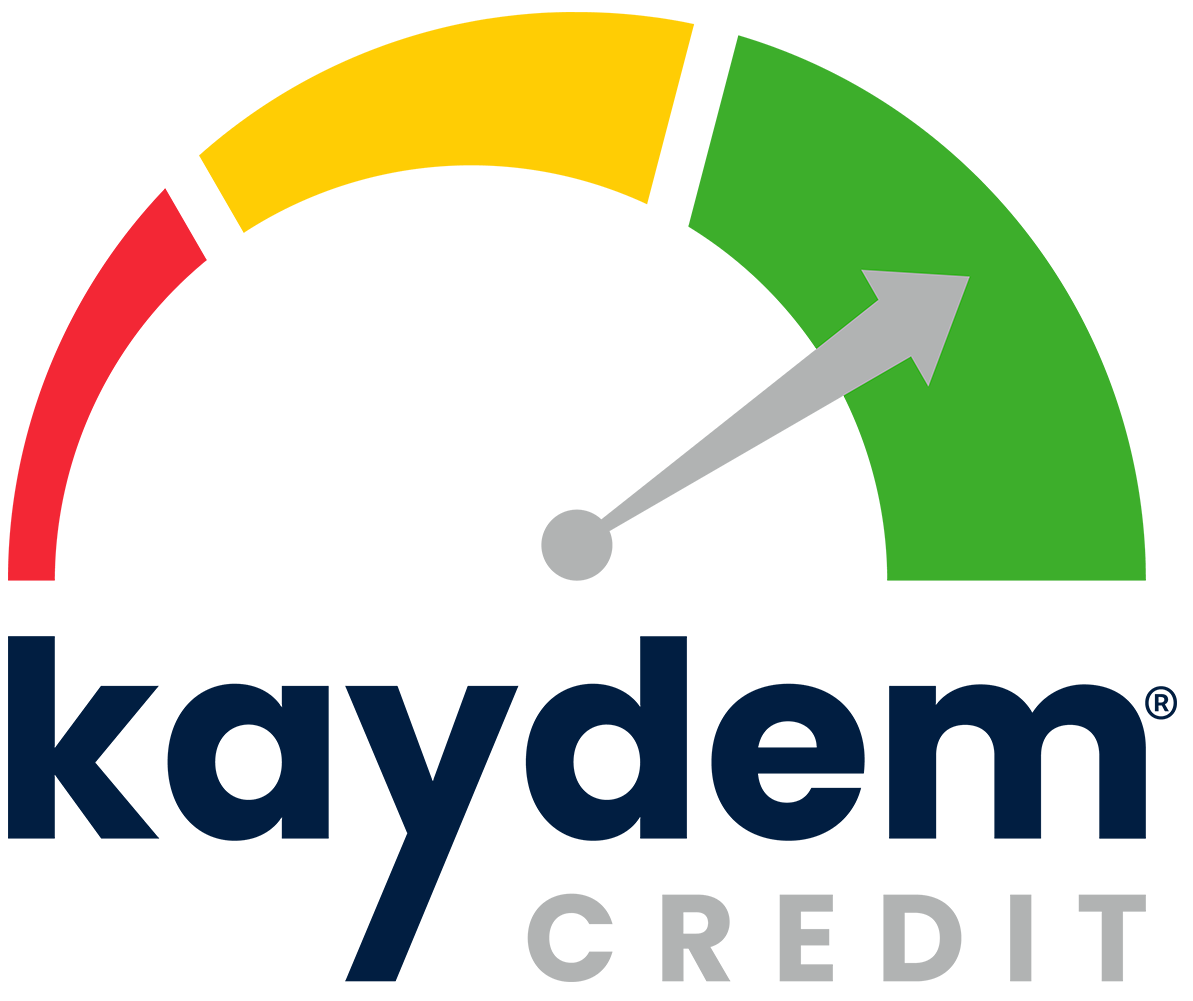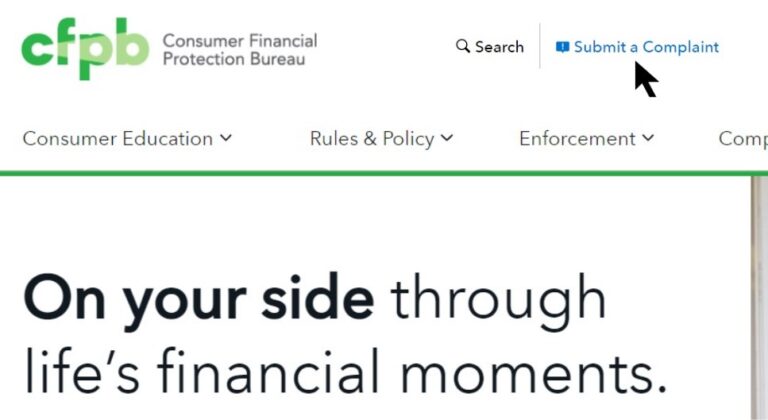Recently a customer told us that, though he charges high amounts to his credit card each month, he makes it a point to pay off his balance in full each billing cycle. Yet after 20 years of diligently paying off his balance in full and never missing a payment, he realized that this practice actually hurt his credit score. While the above statement may sound surprising, it is true nevertheless. Read on to learn how to fix your credit score in cases like this.
If you have the habit of charging high amounts to your card, your credit score may suffer. Let us explain why.
One of the important determinants of credit score considered by most credit scoring models is the credit utilization ratio.
This is defined as the proportion of debt that you carry in comparison to the amount of credit that has been extended to you.
To maximize your score, experts recommend that you keep the total amount of debt owed (collectively and on individual credit cards) below 30%.
Ideally, the total amount of debt owed should be kept at 10% of the total available credit lines.
Now, we know that credit card companies report a consumer’s credit card balance to the credit bureaus each month, and this amount is what gets reflected in their credit report.
What most people don’t know is that the reported balance could be as of the last billing date, or occasionally, the amount owed as of any point in time during the monthly billing cycle chosen by the lender.
However, we find reporting the reporting date is typically right before the due date, so always pay your balances off a week before your due date. Never wait until the due date to pay.
On the other hand, people who charge close to the credit limit but pay in full every month may have lower scores and higher utilization ratios than expected if they make their payment on the due date.
A safe bet is to always make your payment around a week before your payment due date to increase the likelihood that a zero balance reports to the credit bureaus.
It is perplexing that credit scoring models don’t always succeed in differentiating between someone who pays only the minimum and someone who pays in full.
After all, it is common sense that a person who pays in full is less of a risk, especially when their history of paying in full goes back decades.
Nevertheless, there are two ways in which you can lower your credit scores when faced with such situations.
Firstly, you can pay multiple times within the same billing cycle, as the charges to ensure that the next reported balance will be zero or as close to it as possible.
Secondly, if you have the habit of putting all of these charges on a single card, you can further minimize the impact to your score by opening another card with a credit limit high enough to keep some distance between the balance and credit limit at any given time.
In fact, for best results, it is best to follow a combination of both these tactics. In so doing, you can ensure that there is no negative impact on your score.
If your credit is low or in need of repair and you are unsure how to resolve it, call Kaydem Credit Help at 866-237-0013 for assistance.
We help clients with bad credit. Our unique dispute processes assist with the removal of negative items on your credit report and requires only a few minutes of your time to get started.
We will show you what is or is not on your credit report, and exactly what strategy to employ to remove the negative items. We can help you fix your credit score.







